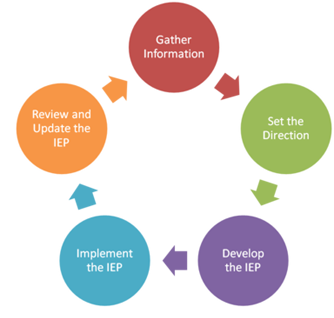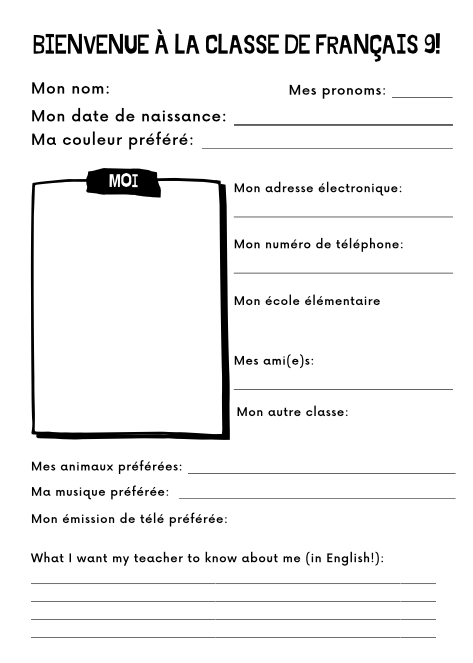Module 2
In module 2, we were tasked to look at how we can effectively collaborate with our teams to ensure the students are being supported in multiple ways. There is always an emphasis placed on working collaboratively and utilizing the knowledge of our colleagues to ensure we are receiving a well-rounded amount of experience and ideas. I find that many of my activities that are the most successful in class come from collaborative activities completed by my peers in education.
The role of a Teachers Assistant:
We were able to take a look at the roles teachers assistants have within the class. In our distract, we refer to then as educational assistants or EAs. Their roles within the class are important, and I find that often they either take on their own roles and lead their students, or they check in with us classroom teachers to ensure they are following the necessary steps they need for their students to achieve in my class.
With my EAs, I often let them build their own relationship with the student, and only intervene if necessary. I stop by doing the class to ensure the student is on the right track, however, my EAs normally are able to work through the basic French lessons and assist the students as needed. This works the best when an EA is working with a student one-on-one.
For full class EAs that work with specific students, as well as assist the remainder of the class, I find that we work well collaboratively to ensure the correct students are being supported where necessary.
Stakeholders in the IEP process:
Another portion of this module included discussion regarding the roles of parents, students, and teachers/educators within the IEP process. When it comes to parents, their experiences differ from those had by the educators at school. Their perception of their child's behaviours will shine a light on how they are acting outside of school hours. When it comes to the students, they know how they feel within both school and home life. Having their insights on planned strategies and goals may help them feel more at ease and in control of the IEP process. And finally, educators play a pivotal roll with this aspect of education. They know how the student works, pay attention to habits that may otherwise be overlooked, and have the ability of witnessing behaviour patterns. developed by the students.

Student survey:
I use a student questionnaire at the start of the semester to get to know my students a little more right off the bat. Most of the questions are surface level questions without diving too deep into who they are. I also leave the email and phone number questions as optional, as I usually have that information regarding their school email on MyEd (we also use MS Teams to communicate most of the time).
While the survey is in French, the questions asked surround the basic information (name, birthdate, pronouns) and lead into practice questions (communication method, elementary school, friends they have in this class, other classes they are taking). Then they are asked about simple questions about them (favourite colour, show, type of music, animal). Lastly, they are asked about what they want their teacher to know about them.
If were to update my classroom survey for next year, I would ask more questions about their work habits, as well as what qualities they look for with their teachers. I think that moving forward, looking at what they are looking for within a teacher can help shed some insight on what they need to succeed within my French language classroom.

Post a comment